Dhaka, Nov 16 (V7N) – Bangladesh has reached a historic peak in government debt, with total liabilities exceeding Tk 21 trillion (21 lakh crore) for the first time. According to the latest debt bulletin released by the Ministry of Finance, the total debt stood at Tk 21.44 trillion at the end of June, reflecting a nearly 14 percent increase from Tk 18.89 trillion a year ago.
The data shows that over the past five years, external debt has grown at more than twice the rate of domestic borrowing. Currently, external debt amounts to Tk 9.49 trillion, accounting for 44.27 percent of the total debt, up from Tk 4.20 trillion in 2021. Domestic debt has also risen by approximately 11 percent, reaching Tk 11.95 trillion.
Finance ministry officials attribute the surge in debt to post-COVID budget support from development partners and extensive expenditures on major projects, including the Rooppur Nuclear Power Plant, Dhaka Metro Rail, and the Matarbari coal-fired power plant.
Dr. Mostafizur Rahman, a distinguished fellow at the Centre for Policy Dialogue (CPD), described the trend as concerning. He emphasized that slow revenue collection leaves no surplus in the budget, compelling the government to rely heavily on both domestic and foreign borrowing for development spending. He further warned that high interest rates on domestic loans and limited concessionality in foreign debt are intensifying the repayment burden.
An Asian Development Bank report released last month highlighted that Bangladesh’s external debt growth rate is the fastest among South Asian countries.
Rising debt levels have also increased the government’s interest payment obligations. In the last fiscal year, Bangladesh paid Tk 1,32,460 crore in interest, a 17 percent increase over the previous year. Particularly, interest payments on domestic loans, especially Treasury Bills and Bonds borrowed from commercial banks, rose by 43 percent.
While Bangladesh’s external debt-to-GDP ratio remains within the International Monetary Fund’s safe limits, certain economic indicators now signal caution. Consequently, the IMF has imposed a ceiling on Bangladesh’s external borrowing for fiscal year 2026, restricting new loans to a maximum of $8.44 billion.
END/RKB/SMA/



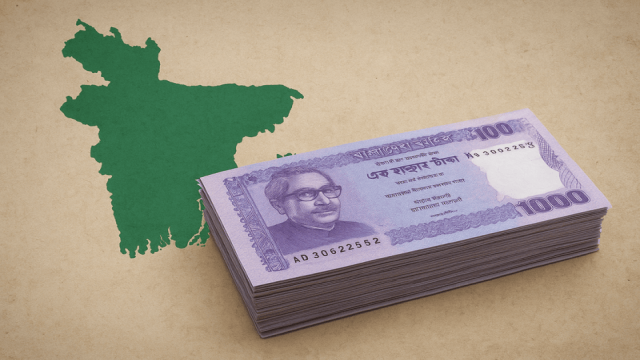
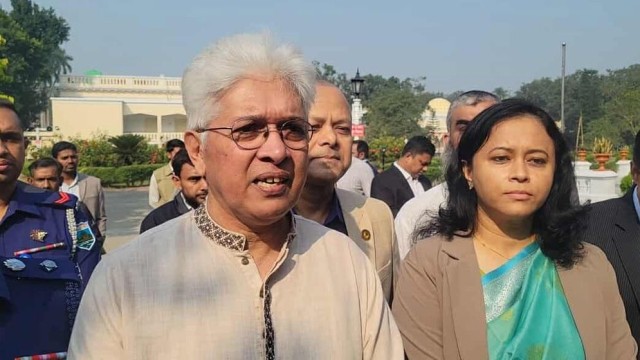
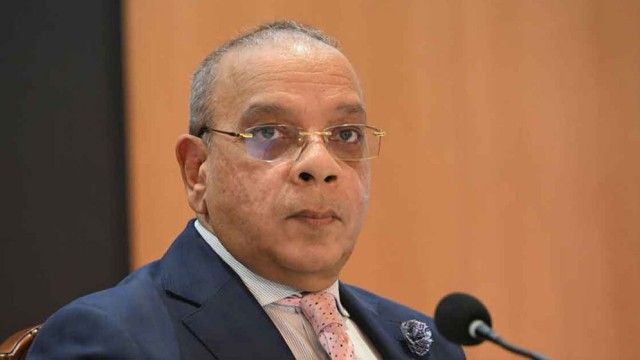







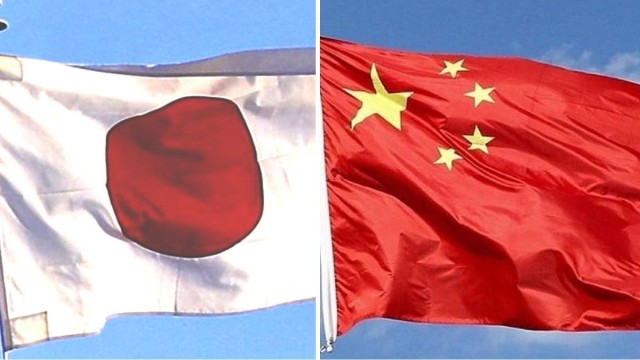
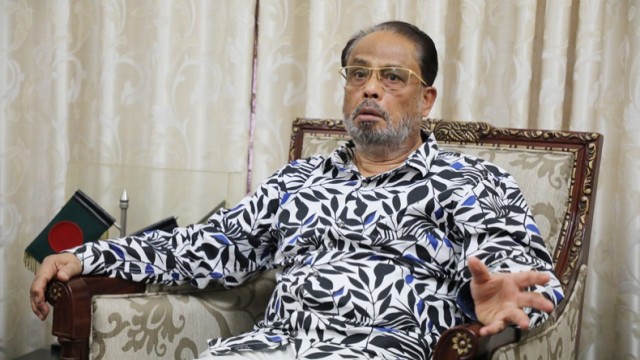

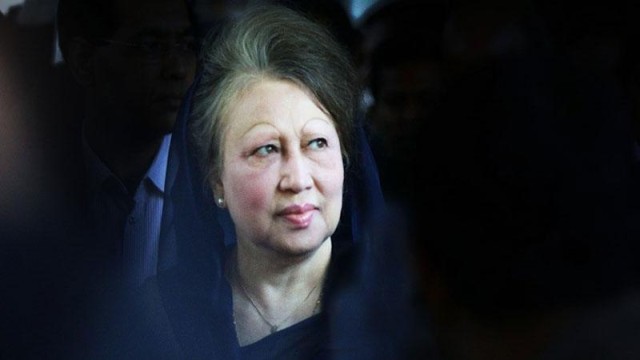














Comment: